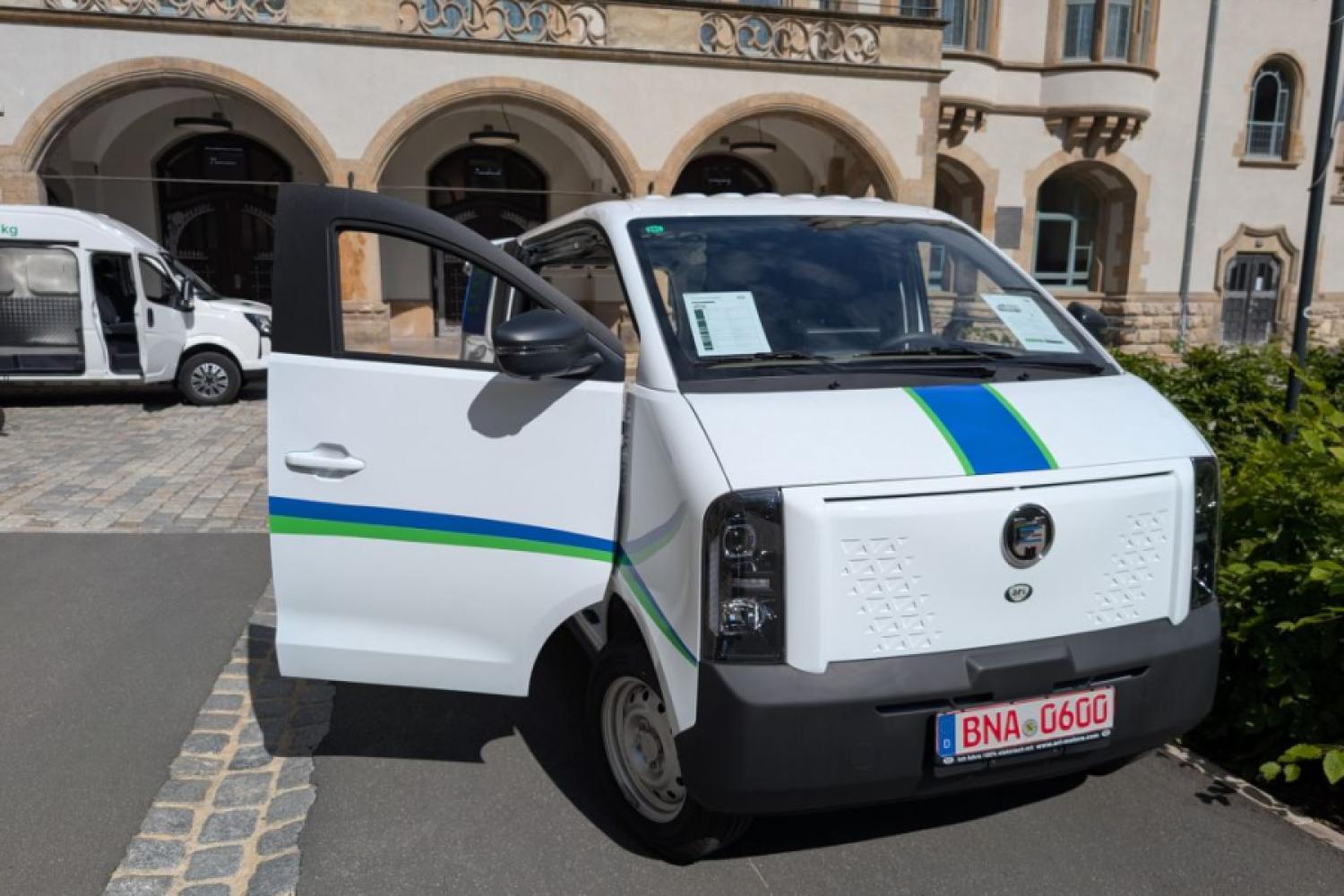The Arag experts say that driving on unfamiliar roads abroad can present some pitfalls. What you should know about this is explained by the Arag expert and specialist lawyer for traffic law, Jan Kemperdiek.
In principle, the German driving license is valid in all countries of the European Union (EU) - both the old gray and pink paper versions as well as the new plastic cards. However, the old paper licenses are sometimes not accepted during checks, which can then lead to problems. According to Kemperdiek, if you are traveling to African, Asian, or South American countries, it is better to have an international driving license. In some countries, a certified translation of the driving license in English is sufficient. And anyone with a provisional driving license is generally not allowed to drive abroad. Before the trip, it is also advisable to check the Foreign Office's website, where you can find information about speed limits and alcohol limits.
On speed limits and fines When it comes to speed, you should inform yourself about the applicable speed limits before the trip. This can be done, as mentioned, via the Foreign Office. The maximum permitted speed, according to Kemperdiek, varies in each country, even within the EU. For example, on Italian and Romanian highways, the maximum speed is 130 kilometers
per hour, while in Malta it is only 80.
The fines for speeding also vary widely. If you are driving 20 kilometers per hour over the speed limit, you will pay 50 euros in Poland, whereas in Norway it is at least 610 euros. In France, speeding with an over-limit of 50 kilometers per hour can lead to fines of up to 1,500 euros. And if you speed within a town in Switzerland, you might even face a prison sentence.
Foreign speeding ticket in the mailboxIf you do receive a penalty notice by mail, you should never throw it away, but take it seriously, says Kemperdiek. An enforceable penalty notice that is not paid can lead not only to international enforcement actions and legal proceedings but also to problems on future trips to the affected country, up to entry bans or confiscation of the vehicle.
If you want to contest the violation, you can, of course, file an objection to the penalty notice. However, you should definitely pay attention to the deadlines and procedures and consider that this might need to be done in the local language. In that case, it will be necessary to seek the help of a translator or lawyer.
Flashed with a rental carWhen driving a rental car and exceeding the speed limit, it
may be the case, according to Kemperdiek, that the penalty notice first goes to the rental car company, which then forwards it, usually with an additional processing fee, to the renter. Because with traffic violations in a rental car, the renter is generally always liable.
In France, in the case of fines, up to 45 euros can also be waived depending on the violation if paid on time. And in Spain, the UK, and Greece, you can even save up to 50 percent. And anyone traveling abroad with corresponding legal protection insurance saves time, money, and nerves in all legal disputes, such as after an accident or a dispute with the rental car provider.
Accident abroadThe most important rule in the event of an accident abroad is to never admit fault. Instead, those affected should rather immediately call the police. If the opposing vehicle is registered abroad, you should also ask for the Green Card of the party involved. Then, according to Kemperdiek, it is important to document the accident. The accident scene and all relevant details should be photographed and a crash report should record the license plate of the opposing vehicle, its country of origin, as well as the date and location of the damage. Additionally, those affected can rely on the European accident report, which
is available in several languages for free on the Internet or offered by insurance companies. This can also be used in the UK. In some countries, the content of the accident notice provided by those involved is considered proven. Therefore, you should only sign what you agree with. Your own car liability insurance must then be informed no later than one week, regardless of who appears to be responsible for the accident at first glance. For example, through the "Central Call of Auto Insurers", vacationers can get in touch with the insurance of the opposing party. By then, it is useful to have all the above-mentioned documents at hand.Documents and insurance for abroad Before the trip, it should always be ensured that all necessary documents are available, preferably as copies in case replacement documents must be obtained. These include the driving license, the registration certificate Part I (vehicle registration) and the so-called "International Motor Insurance Card", or "Green Card". It proves the existence of car insurance abroad and can be requested from your own car insurance company. In some countries, it must even be presented upon entry. Since the "Green Card" contains important information about the owner and the insurance of the vehicle, it can greatly simplify the settlement of a claim abroad, concludes the traffic law expert.






